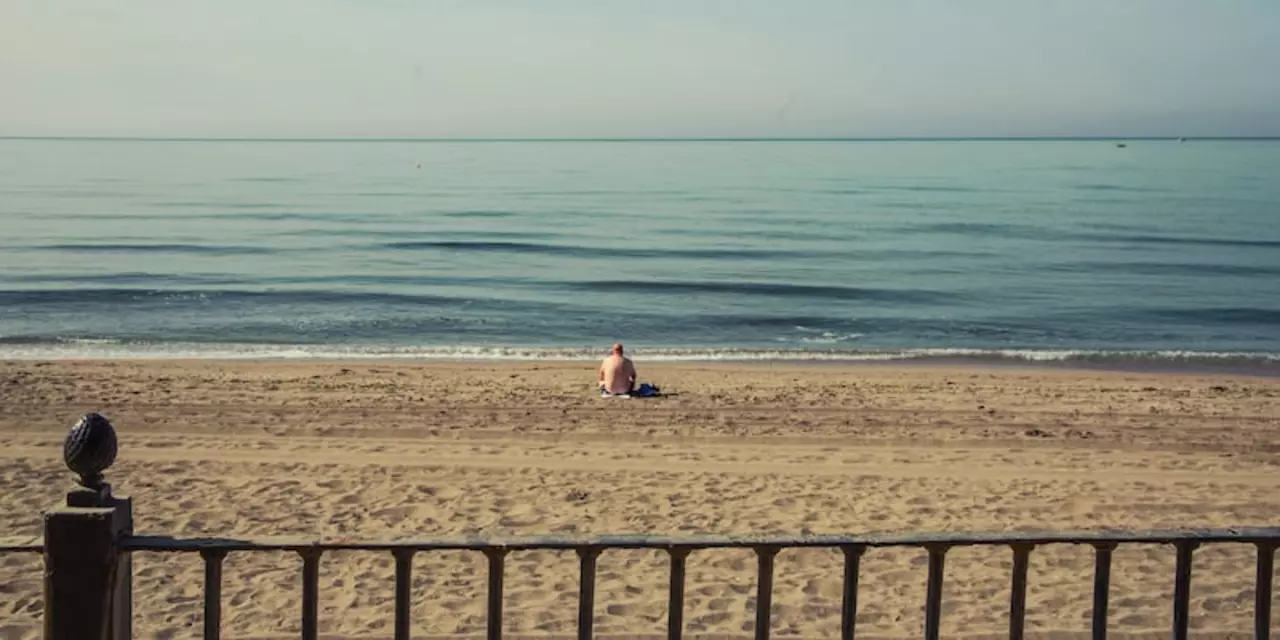Sun Exposure: Your Practical Guide to Staying Safe and Healthy Outdoors
Heading outdoors feels great, but the sun’s rays pack more punch than you might guess. Ever gotten a sunburn after just an hour at the beach or park? That’s your skin’s way of warning you—UV exposure damages cells, speeds up wrinkles, and raises your risk for skin cancer. But get this: your body also needs sunlight to make vitamin D, which means completely hiding from the sun isn't a good plan either.
So what's the real secret to balancing sun exposure? It comes down to smart timing, protection, and a little know-how. On bright days, UV rays sneak through clouds and even bounce off water and sand. Don’t fall for the myth that you’re safe when it’s cloudy—UV still gets you. Keep sunscreen handy and reapply every couple of hours, especially if you’re sweating or swimming. SPF 30 is a solid starting point; higher numbers won’t hurt if you burn easily.
Ever wonder about getting enough vitamin D? Most folks only need about 10 to 20 minutes of midday sun on their arms and face a few times a week. If you’re darker-skinned, you might need a bit more, since melanin gives some natural protection but also slows vitamin D production. Not sure if you're getting enough? Talk to your doctor or get a simple blood test—it’s an easy fix with supplements or diet if you’re low.
Sun hats, sunglasses, and light clothing are not just for vacation photos. Covering up is honestly the easiest way to dodge sunburn. When you’re out on a hike, playing sports, or at that backyard BBQ, a wide-brimmed hat and UV-blocking shades will save your skin and eyes—no regrets there.
Maybe you’re worried about medications or supplements making you burn faster. It’s a real thing—common meds like antibiotics, acne creams, or even herbal supplements like St. John’s wort can up your sensitivity to sunlight. If your pharmacist adds a sun warning, take it seriously. Stay in the shade during peak hours or double up on protection.
Let’s bust a big myth: a "base tan" doesn't protect you from serious sun damage. Tanned skin is a sign of injury, not armor. The safest glow is one that comes from a bottle—self-tanners are miles safer than risking years of leathery skin and health scares.
If you notice new or changing moles, dark spots, or odd patches that bleed or don’t heal, get them checked. Early skin cancer is caught and cured way more easily, so don’t put off that quick visit. And if you ever get a blistering sunburn, especially as a kid, your odds of skin cancer go up down the road.
In the end, you can enjoy the outdoors without tossing your health aside. Just use solid sunscreen, smart clothing choices, and common sense about time in the sun. Your skin—and your future self—will thank you for it.
Do dark skin people go darker if exposed to too much of sun?
Dark skin has a natural protection from sun exposure, but too much of it can still cause damage. Dark skin people can go darker if exposed to too much of the sun's UV rays due to the production of melanin in the skin. Long-term exposure to the sun can cause darkening of the skin, uneven skin tone, wrinkles, age spots, and other skin conditions. Sunscreen and protective clothing are important for anyone, but especially for dark skin people to avoid hyperpigmentation or permanent skin darkening. Taking precautions, such as wearing a broad-brimmed hat or sunglasses, can help dark skin people protect their skin from the sun.
Is it possible to sunburn through clothing?
This {title} is a great way to improve your SEO writing. SEO writing is an essential skill for content writers, as it helps to increase the visibility of a website or blog in search engine results. SEO writing involves using keywords, phrases, and backlinks in a strategic way to draw readers in and improve rankings. It also requires a writer to be proficient in English, as well as understanding of perplexity and burstiness in content. SEO writing requires one to be creative and engaging, and can be done in a conversational style, using personal pronouns, active voice, and rhetorical questions. Additionally, incorporating analogies and metaphors can help to make content more interesting and engaging for readers.
How much sun exposure is enough to ruin your skin?
Sun exposure is essential for our health as it helps to produce vitamin D in our skin. However, too much of it can cause severe damage to the skin and lead to different types of skin cancer. The sun's UV radiation can damage the skin even in short periods of time and it is recommended to limit exposure to direct sunlight, particularly during the times when the sun is at its strongest. It is important to wear sunscreen and protective clothing such as wide-brimmed hats, sunglasses and long sleeves in order to protect the skin from sun damage. Additionally, it is important to check the skin regularly for any signs of sunburn or damage.
Why do people put on sunscreen?
Sunscreen is a product used to protect the skin from harmful ultraviolet rays from the sun. It is important to wear sunscreen to prevent skin damage, such as sunburn, premature aging, and skin cancer. Sunscreen also helps prevent sunburn and sun damage to the eyes. Sunscreen should be applied 15-30 minutes before going outside and should be reapplied every two hours, or after swimming or sweating. It is also important to choose a sunscreen that is SPF 30 or higher and is labeled "broad spectrum" to provide the best protection.


